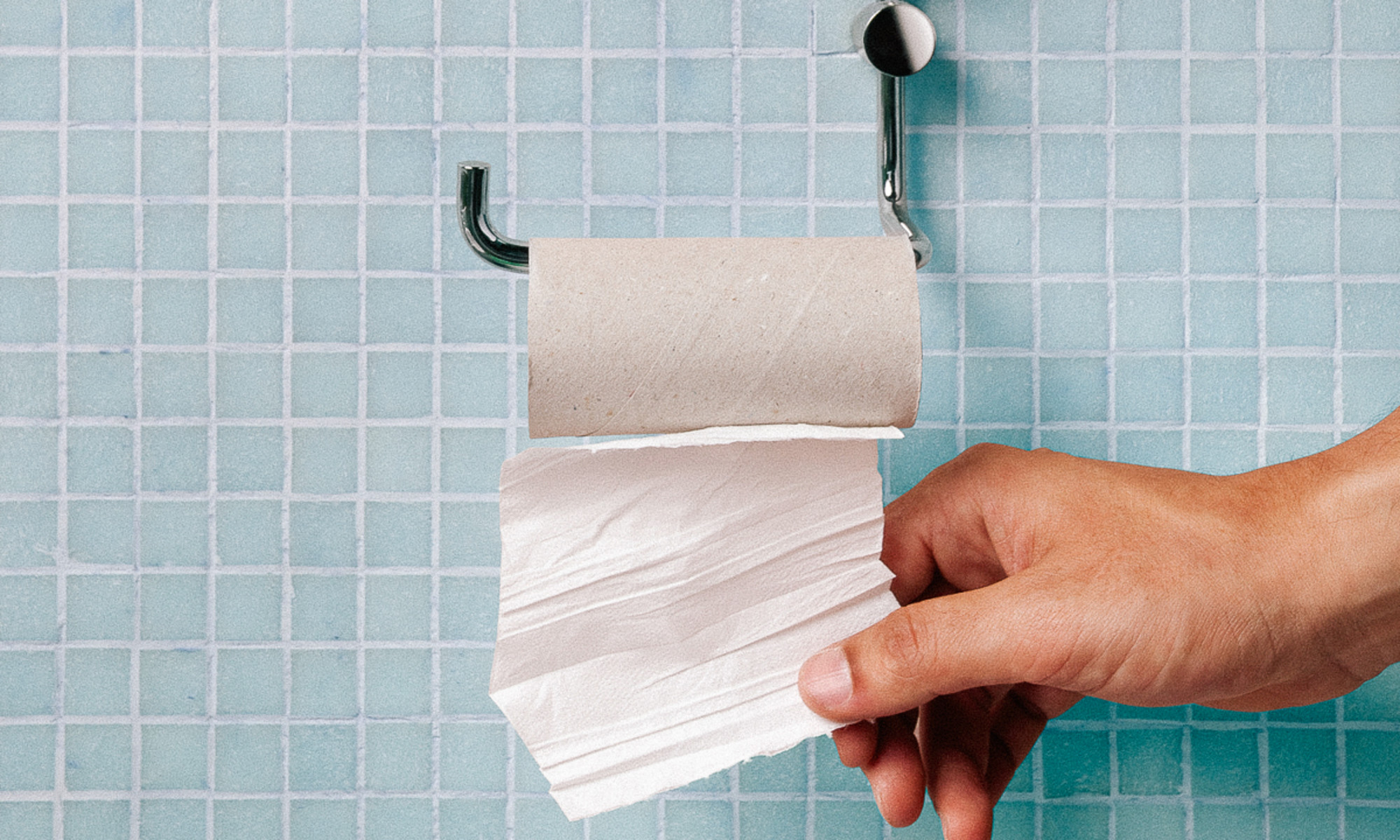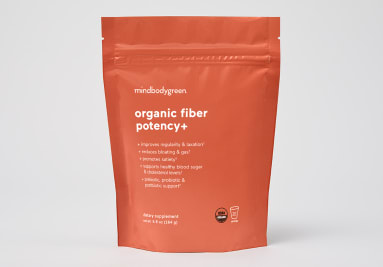Take This Quiz To Find Out What Your Poop Says About Your Health
Is your poop healthy? Take this quiz to find out.

May 6, 2023 No matter how healthy we are overall, our poop schedules simply can’t be optimized 24/7. Maybe travel sends your digestive system into a state of confusion. Or, perhaps a fast-food burrito sent you running to the bathroom. The point is that your bowel movements are bound to change—sometimes for the better, other times…not so much. Take this quiz to see how healthy your poop is (plus, how to have better poops if your stools are suboptimal).
Advertisement
This ad is displayed using third party content and we do not control its accessibility features.
1. A) Three or more times a day B) Once every three or four days C) Once a day 2. A) It ranges from watery with no solid pieces at all to soft blobs with clear-cut edges B) Small rabbit pellets or a lumpy, hard log C) Smooth and snake-like or log-shaped with a few cracks on the surface This ad is displayed using third party content and we do not control its accessibility features. 3. A) Very easy B) Difficult C) Easy 4. A) Tired and hungry, even though I’ve already eaten breakfast and lunch B) I'm dealing with bloat and feeling a little sluggish C) Great! My energy levels are high and I feel like I can tackle the rest of my to-do list to end the day on a productive note. This ad is displayed using third party content and we do not control its accessibility features. 5. A) Managing my body composition, blood sugar balance, and/or cholesterol levels B) Maintaining healthy habits when I’m traveling or during stressful periods of time (e.g., in the middle of a big work project or family drama) C) Nothing healthwise—I’ve found a healthy balance with my workout routines, diet, and sleep scheduleHow often do you poop, on average?
What does your poop typically look like?
Advertisement
Fill in the blank: My stool is _______ to pass.
How do you feel on a typical afternoon?
Advertisement
Which of the following do you struggle with the most?
Mostly A’s: Stool is moving through your bowels too quickly.
If you’re experiencing watery stool that’s too easy to pass, you may be passing extra water due to a lack of fiber in your diet.
You see, soluble fiber helps produce short-chain fatty acids (which feed your gut microbiota) while insoluble fiber helps make up the “bulk” of stool.* Without adequate fiber intake, food may be moving too quickly through your bowel and the “good” bugs in your gut may not be getting the fuel they need.
As it turns out, a whopping 95% of Americans1 are failing to get enough fiber in their diets. Adding high-fiber foods and a quality fiber supplement (like mindbodygreen’s organic fiber potency+, which delivers 6 grams of fiber) to your meals and snacks can help you reach your daily dietary fiber needs.*
Advertisement
This ad is displayed using third party content and we do not control its accessibility features.
Mostly B’s: You’re not going #2 enough.
There are a number of reasons why you might be struggling to get things moving—including not drinking enough water, traveling, lack of physical activity, suboptimal stress management, and again, lack of dietary fiber.
In addition to upping your fiber intake through diet and/or high-quality fiber supplementation, be sure that you’re hydrating properly and moving your body to promote regularity.* If you suspect that external stressors are the reason your poop is MIA, try out a mindfulness practice (like meditation, yoga, or deep breathing exercises).
Mostly C’s: Your poops are healthy!
Congratulations, it sounds like you’ve optimized your eliminations! Keep up the good work by getting plenty of fiber and water each day, managing your stress levels, supporting your gut microbiome, and moving your body regularly.
Advertisement
This ad is displayed using third party content and we do not control its accessibility features.
The takeaway
Our bowel movements are in a state of constant flux. Knowing what’s healthy can help you identify any suboptimal stools that may indicate other health concerns, like inadequate fiber intake or not drinking enough water.
If you are pregnant, breastfeeding, or taking medications, consult with your doctor before starting a supplement routine. It is always optimal to consult with a health care provider when considering what supplements are right for you.

 MikeTyes
MikeTyes 
































